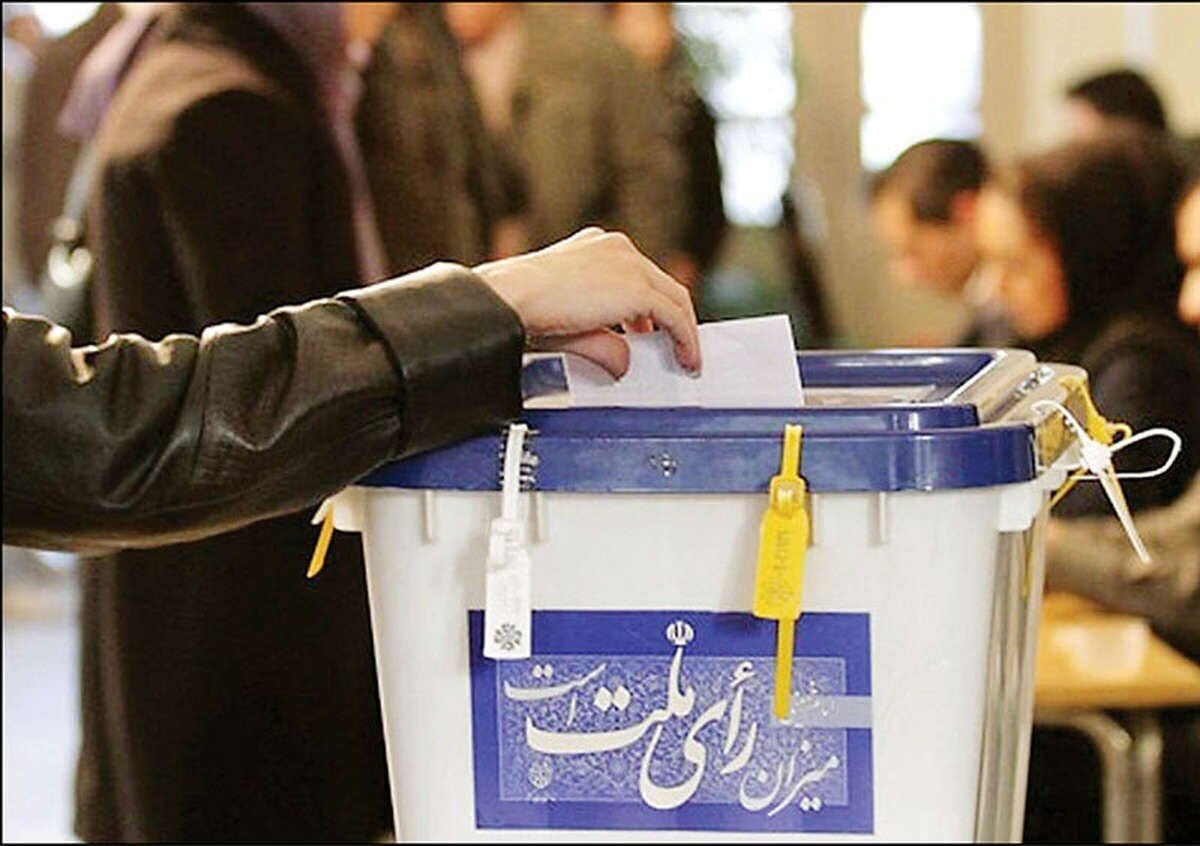Alwaght- Polling stations have ended the voting process as people turned in masses to elect a new parliament.
The polling process was extended three times, each time for two hours, from 8:00 PM local time (4:30 UTC) to 12:00 PM (8:30 PM UTC).
The extensions came as long queues formed outside the polling stations across the country. The extension of election time is normal in all Iranian elections to address last-minute turnout.
Initial results are expected to be released starting tomorrow. The vote counting will last almost to the early morning of Saturday.
Along with the parliamentary elections, another election, Assembly of Experts, is underway simultaneously to elect a 88-member council responsible for leadership supervision.
The voting started at 8:00 AM local time (4:30 AM UTC) with the Supreme Leader Sayyed Ali Khamenei casting his vote in Husseinyeh Imam Khomeini, a site of his popular meetings in the capital Tehran.
When he cast his vote, a reporter asked him what was his advice to those undecided about voting. "My advise is that there is no need for consultation for doing a good job," he said.
Political figures turned out to vote in the early hours of the day. This included current and former presidents, ministers, parliament speakers, and members of parliament.
More than 350 foreign reporters are present in Iran to cover the news of the country’s national elections, according to an announcement by the media affairs and advertising department of the Ministry of Culture and Islamic Guidance.
The announcement said on Friday that the foreign reporters are from 160 different media of 20 countries.
A total of 61,172,298 individuals were eligible to vote in the elections, 30,945,133 of whom men and the rest 30,227,165 women, according to an announcement by the country’s election headquarters.
About 15,000 candidates competed in the 12th parliamentary elections, 12 percent of whom women and 88 percent men. Additionally, 144 individuals have been qualified to compete in the elections of the Assembly of Experts.
Voters voted to elect 290 representatives for Majlis (the Iranian Parliament) and 88 representatives for the Assembly of Experts.
Some foreign reports described the turnout way different from what is displayed from Iran by Western media outlets.
"I covered several Iranian elections. People have been so enthusiastic and so energetic at the polling stations. They are deciding their fate and future of their country. What we see in Iran is way different from what is shown by the Western media," said a correspondent of a Chinese TV.
Public in Iran find the voting key to their future and to the economy and foreign policy.
Mohammad Javad Sadeghi, 27, says he sees casting a ballot as a great responsibility.
“The country needs the unity of the people,” the voter told Al Jazeera at a polling station in Tehran.
“With the strong support of the people, it could achieve its goals, including on economic, social and cultural issues within the country. It could also achieve goals beyond its borders, which are strengthening the resistance front.”
According to Fars News Agency the turnout rates are expected to increase compared to the previous parliamentary election which was 42 percent.
The government spokesman Ali Bahadori Jaromi said that an "epic" is in the making.
"The national epic that the people of Iran are creating today is the manifestation of the nation's will," he said
Western media, especially the Persian-language televisions and websites, have been working hard to send a fake image to the world of the Iranian elections. For example, the BBC Persian interpreted the extension of voting time as a chance for higher turnout, but the reality is that for years, the elections are extended to address people coming in the final hours.



























